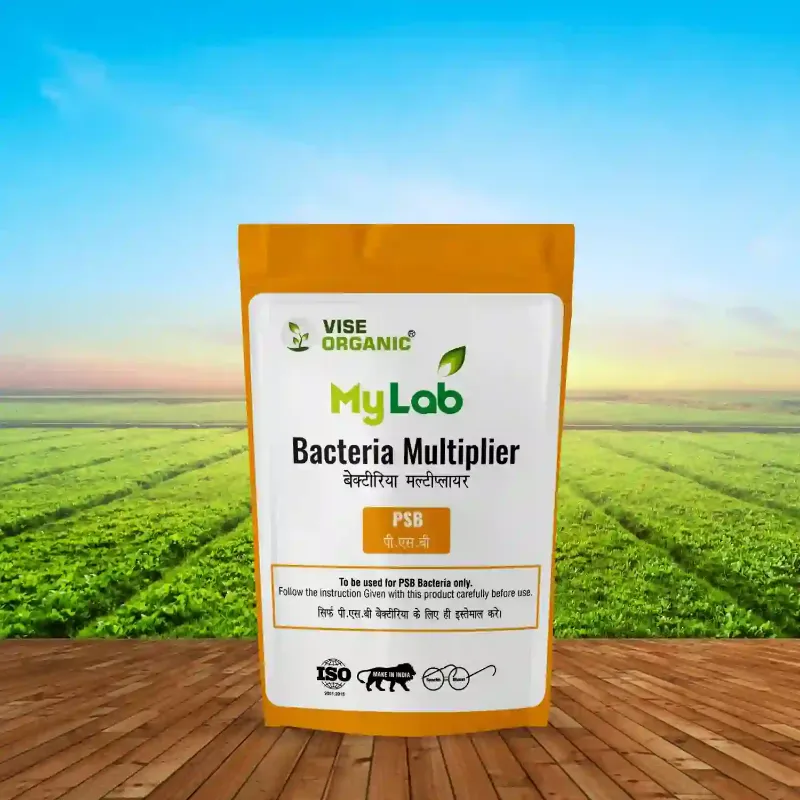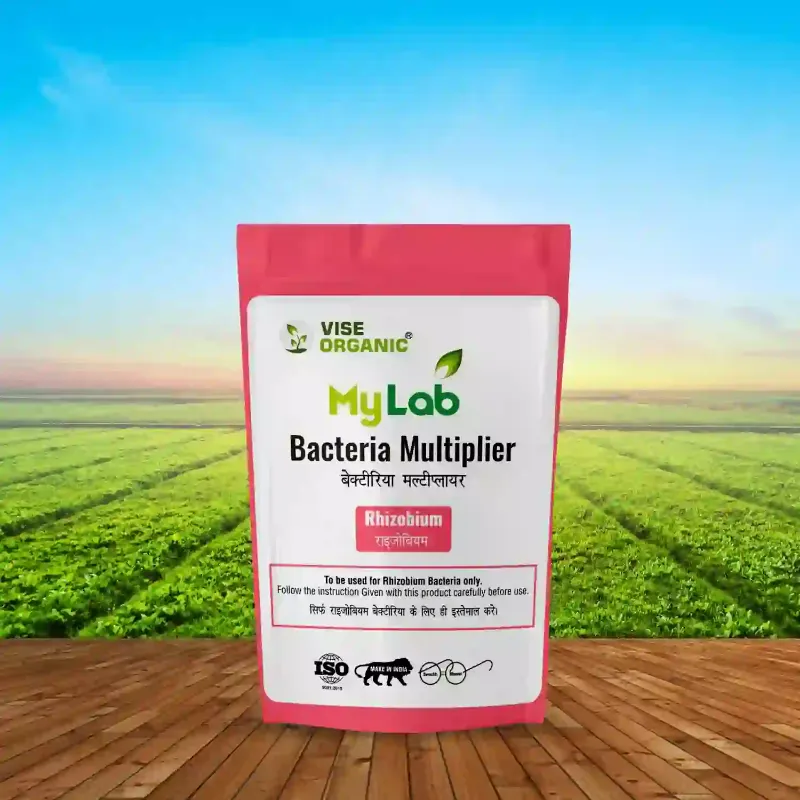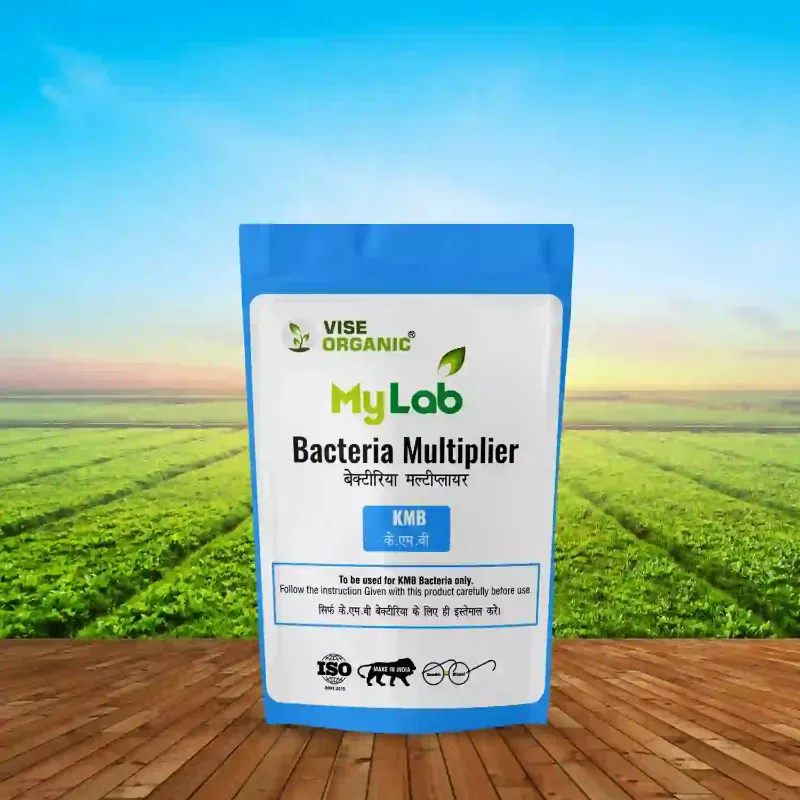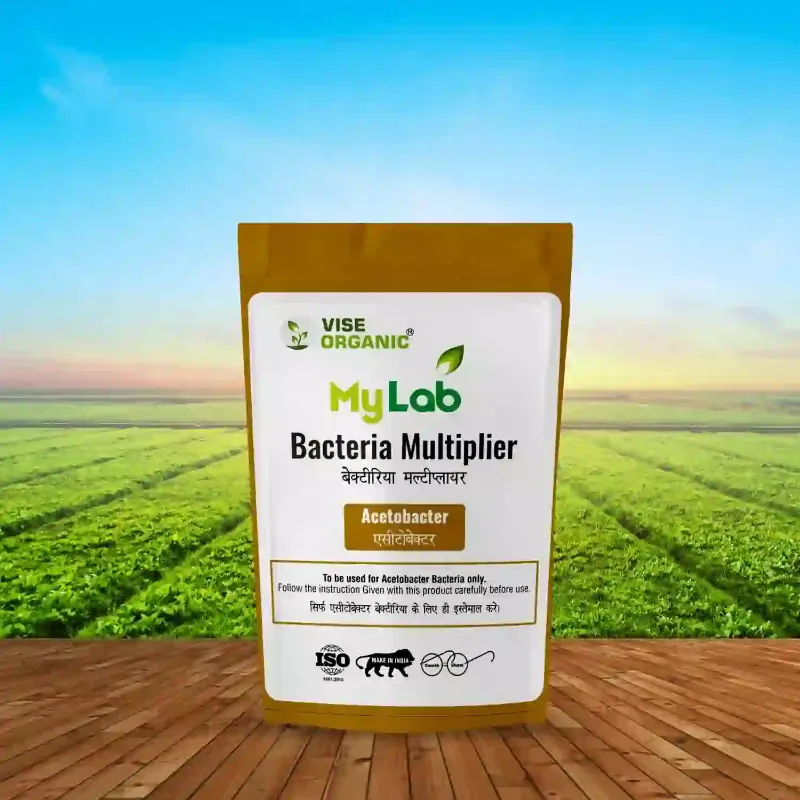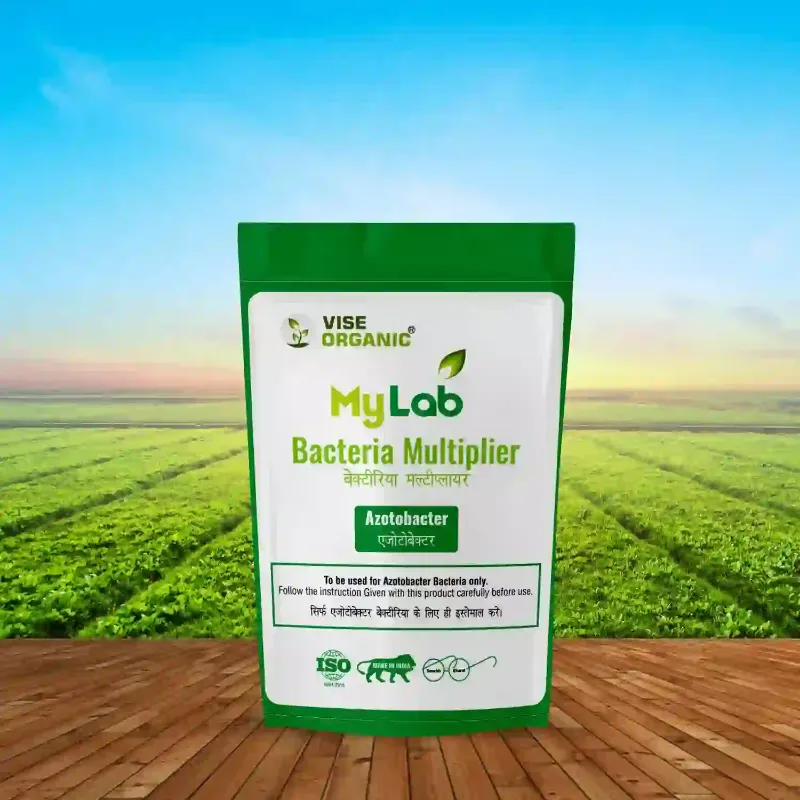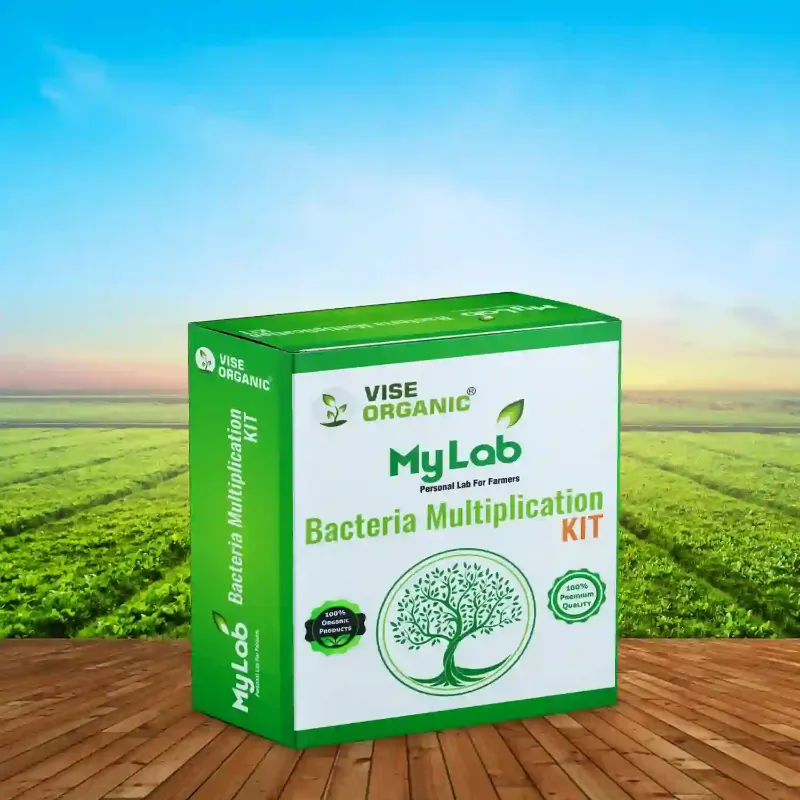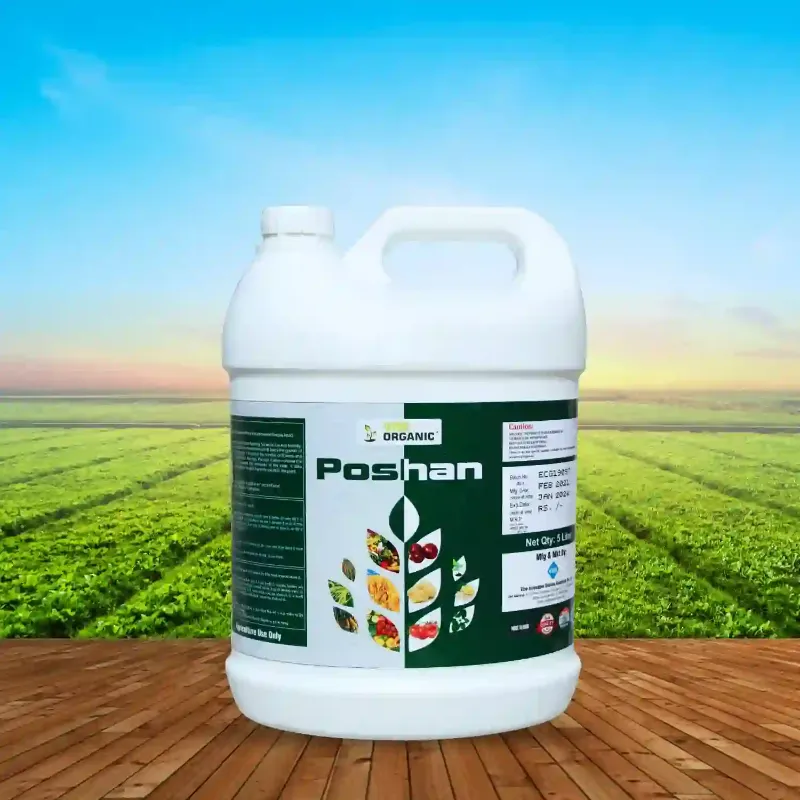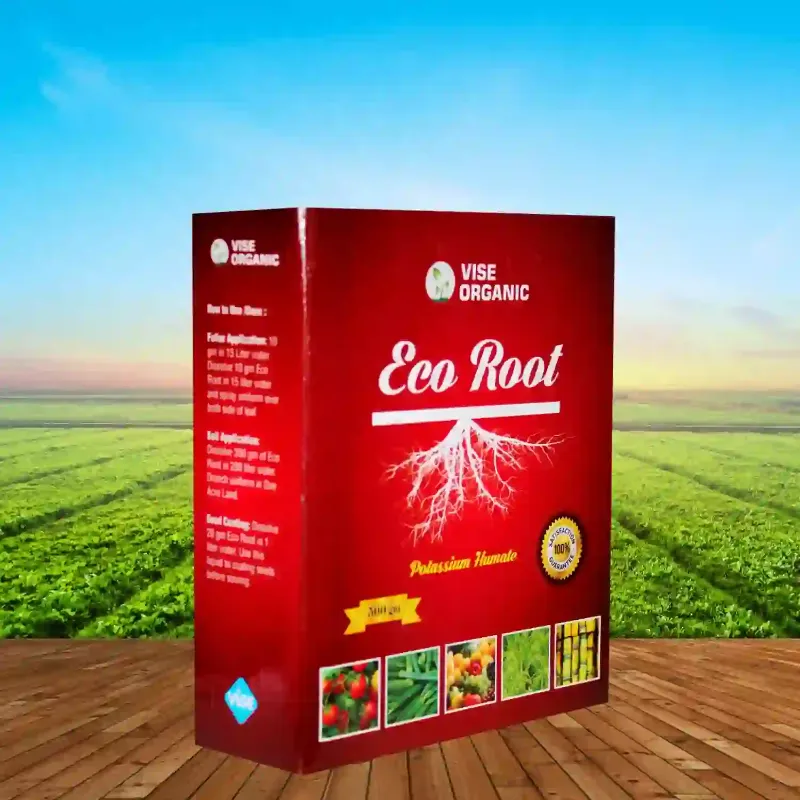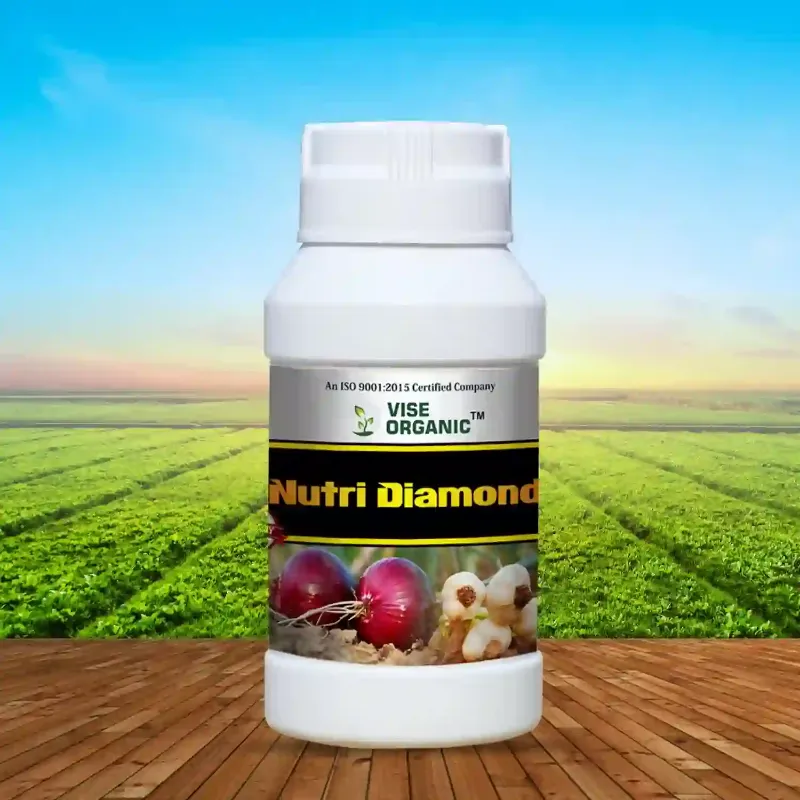Introduction
VISE Organic is committed to promoting sustainable agriculture through organic practices and innovative products. Our mission is to support farmers in reducing environmental impact while enhancing crop productivity and soil health. VISE Organic specializes in developing and supplying high-quality organic fertilizers and plant growth promoters. Our products are designed to provide essential nutrients for balanced crop growth while supporting natural ecosystem functions. By stimulating chlorophyll synthesis, new tissue generation, and microbial activity, our solutions promote healthier plants and soil. Our commitment to sustainability ensures that our products are environmentally friendly, reducing the reliance on chemical inputs and promoting long-term soil fertility and productivity.
Benefits
- Enhanced Nutrient Uptake: Our products improve nutrient absorption, ensuring plants receive the necessary elements for optimal growth.
- Drought Tolerance: By enhancing the plant’s ability to retain water, our solutions help crops withstand dry conditions.
- Increased Microbial Activity: Our products stimulate beneficial soil microorganisms, improving nutrient cycling and soil health.
- Reduced Flower and Fruit Dropping: Our solutions help prevent premature dropping, leading to higher yields and better crop quality.
- Improved Soil Structure: Our products enhance soil structure, promoting better root growth and water infiltration.
- Environmental Safety: Our products are eco-friendly, minimizing pollution and supporting sustainable farming practices.
- Cost-Effective: Using our products can lower farming costs over time by reducing the need for chemical fertilizers and improving soil health.
- Sustainable Agriculture: Our solutions support sustainable farming by providing natural and organic inputs that enhance crop and soil health.
What role does organic agriculture play in reducing environmental impact?
- Reduction of Chemical Inputs: Organic agriculture reduces the use of synthetic pesticides and fertilizers, which can contaminate soil and water. This minimizes the risk of pollution and promotes a healthier environment.
- Soil Health and Fertility: Organic farming practices, such as composting and crop rotation, enhance soil structure and fertility. This leads to better water retention, nutrient availability, and reduced soil erosion.
- Biodiversity Enhancement: Organic farming promotes biodiversity by encouraging the presence of beneficial insects, birds, and other wildlife. This helps maintain a balanced ecosystem and reduces pest and disease outbreaks.
- Water Conservation: By improving soil structure and organic matter content, organic farming enhances the soil’s ability to retain water. This reduces the need for irrigation and helps preserve water resources.
- Carbon Sequestration: Organic practices, such as reduced tillage and the use of cover crops, increase the amount of carbon stored in the soil. This helps mitigate climate change by reducing greenhouse gas emissions.
Conclusion
Organic agriculture plays a crucial role in reducing environmental impact by minimizing the use of synthetic chemicals, enhancing soil health and fertility, promoting biodiversity, conserving water, and sequestering carbon. These practices create a more sustainable and resilient agricultural system that benefits both the environment and the farmer. VISE Organic is dedicated to advancing sustainable agriculture through innovative products that support organic practices, ensuring a greener future for generations to come. By choosing organic methods, farmers can contribute to a healthier planet while achieving better crop yields and soil health.

